All 50 states and most major telecoms agreed to take a stab at throttling robocalls
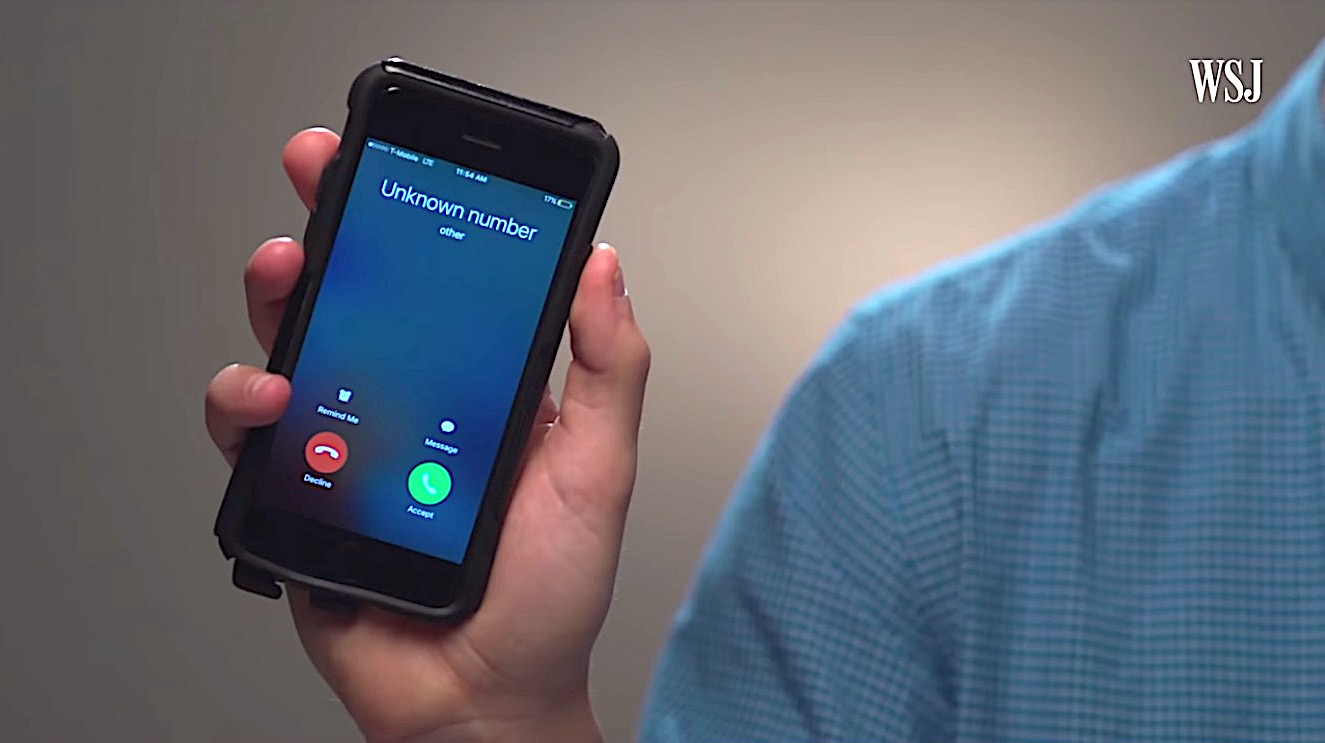

Twelve major telecommunications firms and attorneys general from all 50 states and Washington, D.C., announced new efforts Thursday to combat the scourge of illegal robocalls. In the deal, AT&T, Verizon, Sprint, and the other firms agreed to deploy call-blocking technology at the network level and provide other tools, like call labeling, for customers who want more screening options, all free of charge. There is no timeline for putting the anti-robocall principles into practice.
The Federal Communications Commission, which approved rules in June to encourage telecoms to block illegal robocalls by default and deploy a phone number verification technology called SHAKEN/STIR, congratulated the parties for reaching agreement. But as The Wall Street Journal explained in March, when the FCC started considering the rules, fighting robocalls is tricky and ending all robocalls is probably impossible, even with the newly adopted protocols.
Americans receive billions of robocalls a month, and robocall scammers bilked customers out of $9.5 billion in 2017, according to Truecaller. The companies participating in the nationwide agreement are AT&T, Verizon, Sprint, T-Mobile, Comcast, Charter, U.S. Cellular, Bandwidth, CenturyLink, Consolidated Communications, Frontier, and Windstream. Not participating: Cox, Altice, and many small rural telecoms.
Subscribe to The Week
Escape your echo chamber. Get the facts behind the news, plus analysis from multiple perspectives.

Sign up for The Week's Free Newsletters
From our morning news briefing to a weekly Good News Newsletter, get the best of The Week delivered directly to your inbox.
From our morning news briefing to a weekly Good News Newsletter, get the best of The Week delivered directly to your inbox.
A free daily email with the biggest news stories of the day – and the best features from TheWeek.com
Peter has worked as a news and culture writer and editor at The Week since the site's launch in 2008. He covers politics, world affairs, religion and cultural currents. His journalism career began as a copy editor at a financial newswire and has included editorial positions at The New York Times Magazine, Facts on File, and Oregon State University.
-
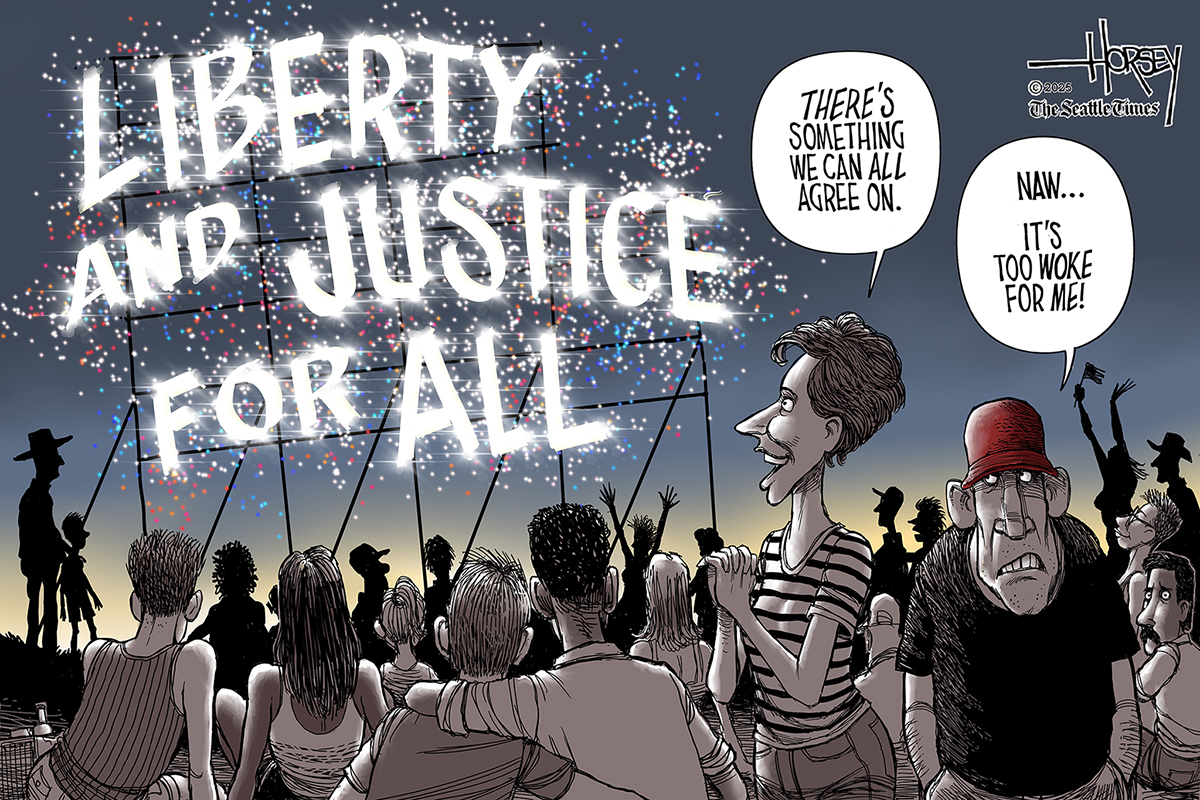 5 explosively funny cartoons about the 4th of July
5 explosively funny cartoons about the 4th of JulyCartoons Artists take on liberty and justice for all, a terrifying firework, and more
-
 Jeff in Venice: a "triumph of tackiness"?
Jeff in Venice: a "triumph of tackiness"?In the Spotlight Locals protest as Bezos uses the city as a 'private amusement park' for his wedding celebrations
-
 Sudoku medium: July 5, 2025
Sudoku medium: July 5, 2025The Week's daily medium sudoku puzzle
-
 Dollar faces historic slump as stocks hit new high
Dollar faces historic slump as stocks hit new highSpeed Read While stocks have recovered post-Trump tariffs, the dollar has weakened more than 10% this year
-
 Economists fear US inflation data less reliable
Economists fear US inflation data less reliablespeed read The Labor Department is collecting less data for its consumer price index due to staffing shortages
-
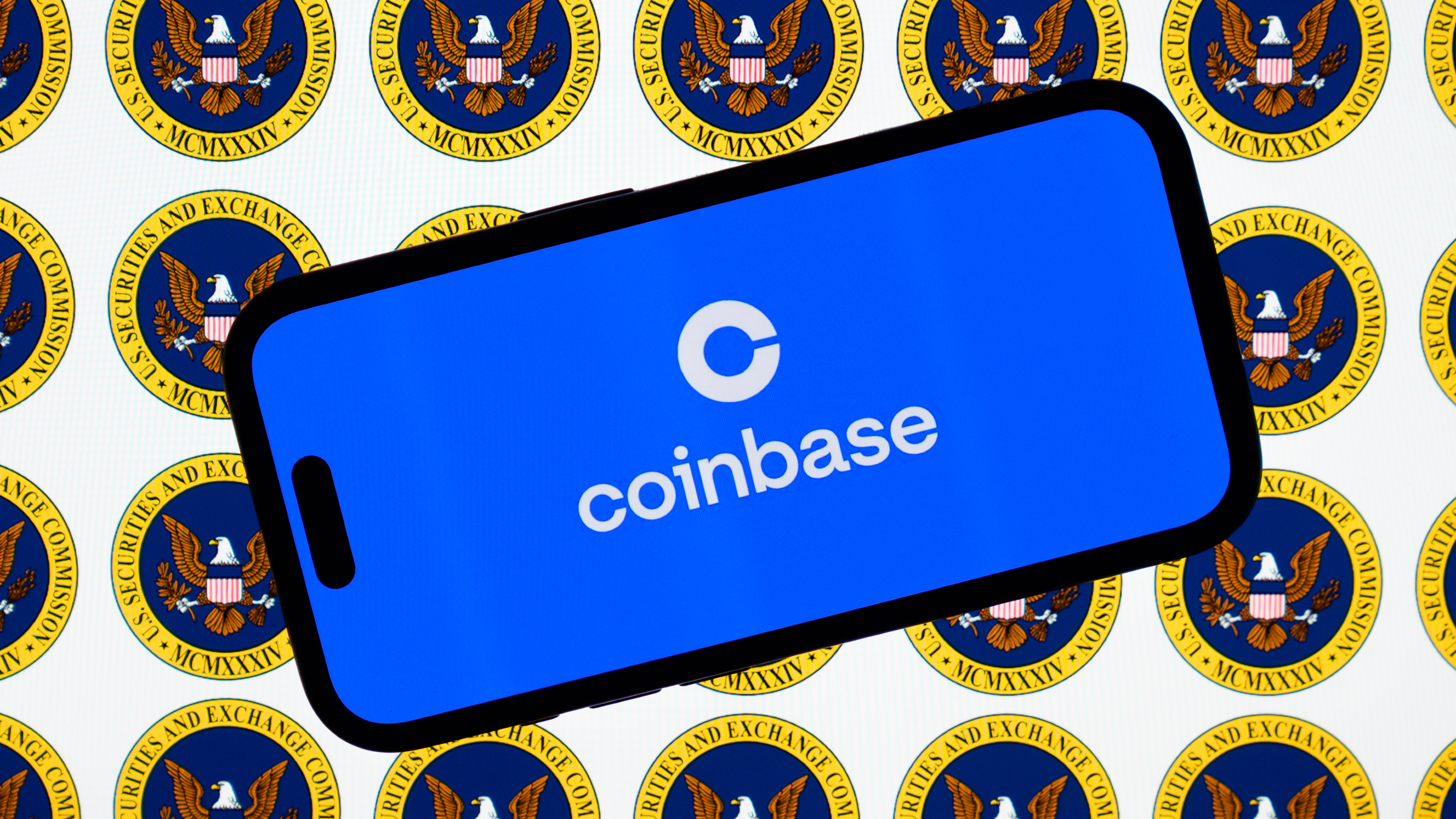 Crypto firm Coinbase hacked, faces SEC scrutiny
Crypto firm Coinbase hacked, faces SEC scrutinySpeed Read The Securities and Exchange Commission has also been investigating whether Coinbase misstated its user numbers in past disclosures
-
 Starbucks baristas strike over dress code
Starbucks baristas strike over dress codespeed read The new uniform 'puts the burden on baristas' to buy new clothes, said a Starbucks Workers United union delegate
-
 Warren Buffet announces surprise retirement
Warren Buffet announces surprise retirementspeed read At the annual meeting of Berkshire Hathaway, the billionaire investor named Vice Chairman Greg Abel his replacement
-
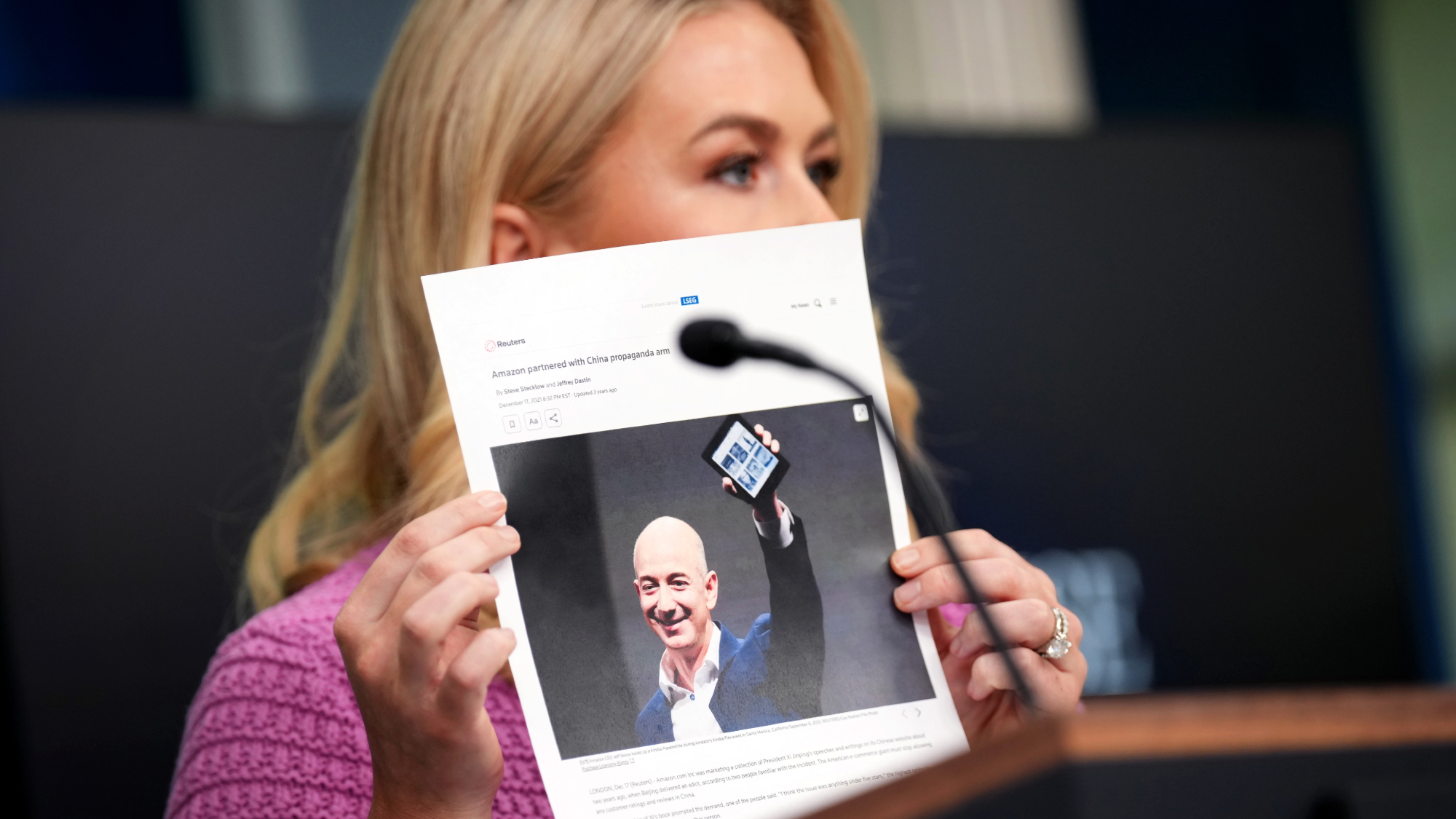 Trump calls Amazon's Bezos over tariff display
Trump calls Amazon's Bezos over tariff displaySpeed Read The president was not happy with reports that Amazon would list the added cost from tariffs alongside product prices
-
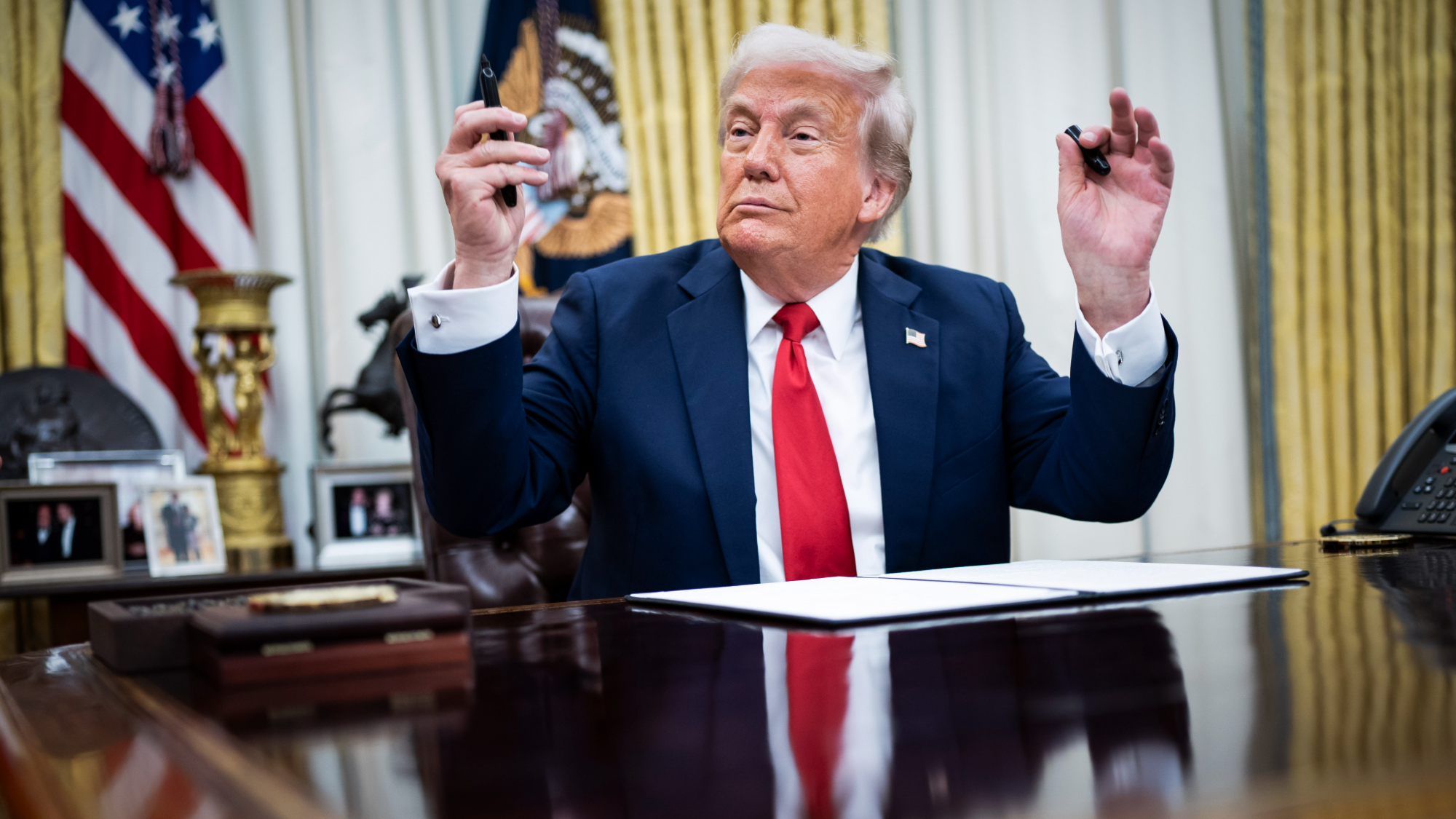 Markets notch worst quarter in years as new tariffs loom
Markets notch worst quarter in years as new tariffs loomSpeed Read The S&P 500 is on track for its worst month since 2022 as investors brace for Trump's tariffs
-
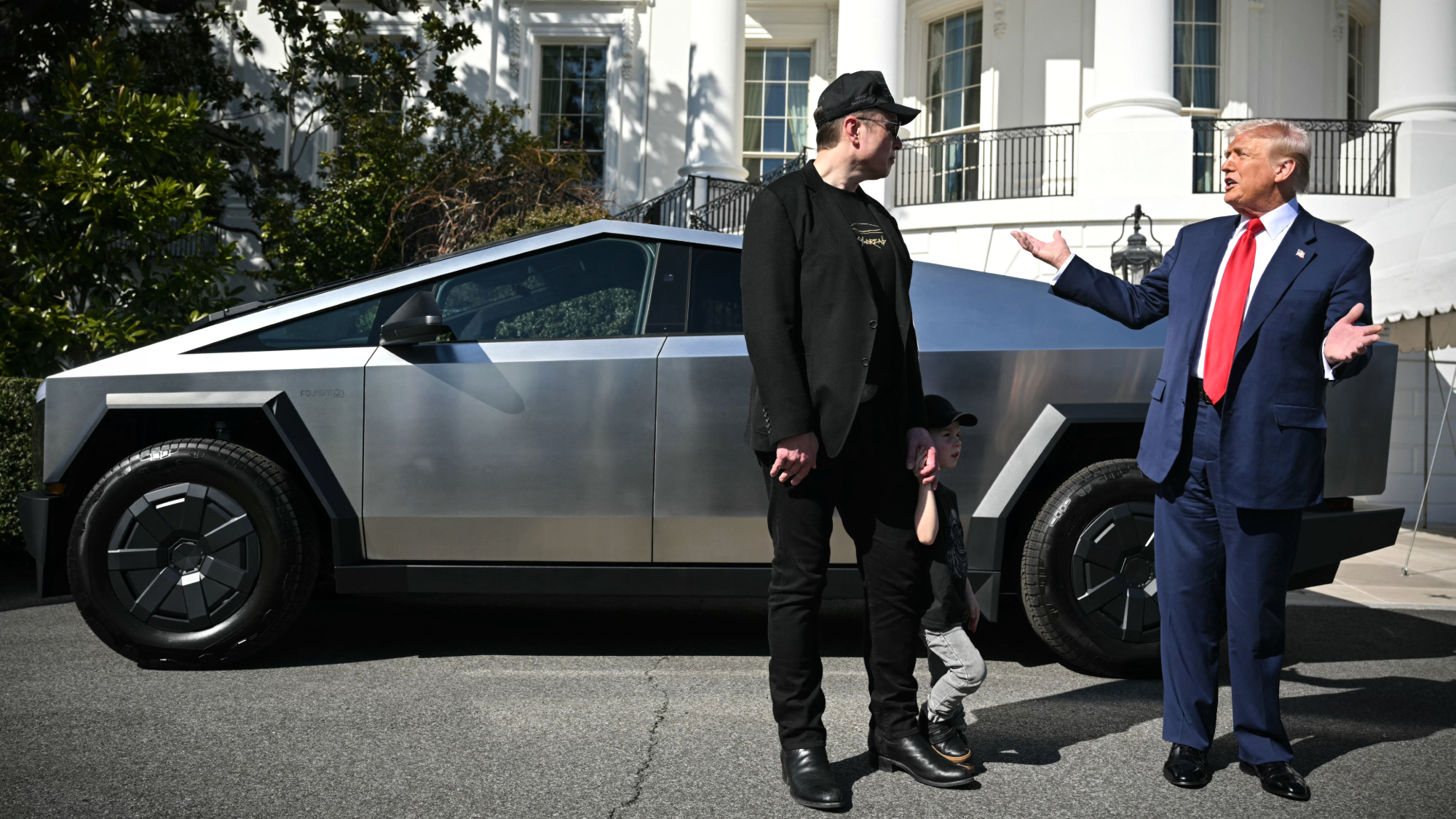 Tesla Cybertrucks recalled over dislodging panels
Tesla Cybertrucks recalled over dislodging panelsSpeed Read Almost every Cybertruck in the US has been recalled over a stainless steel panel that could fall off

